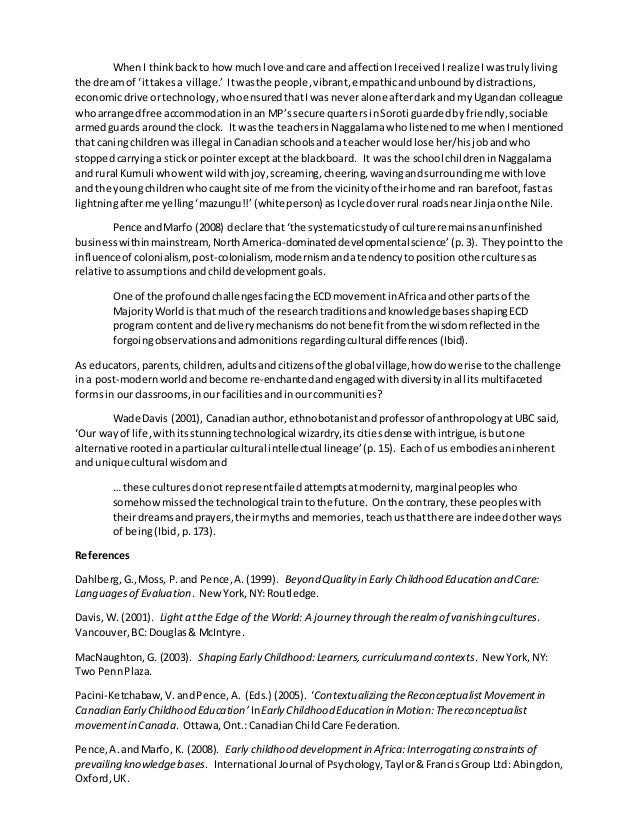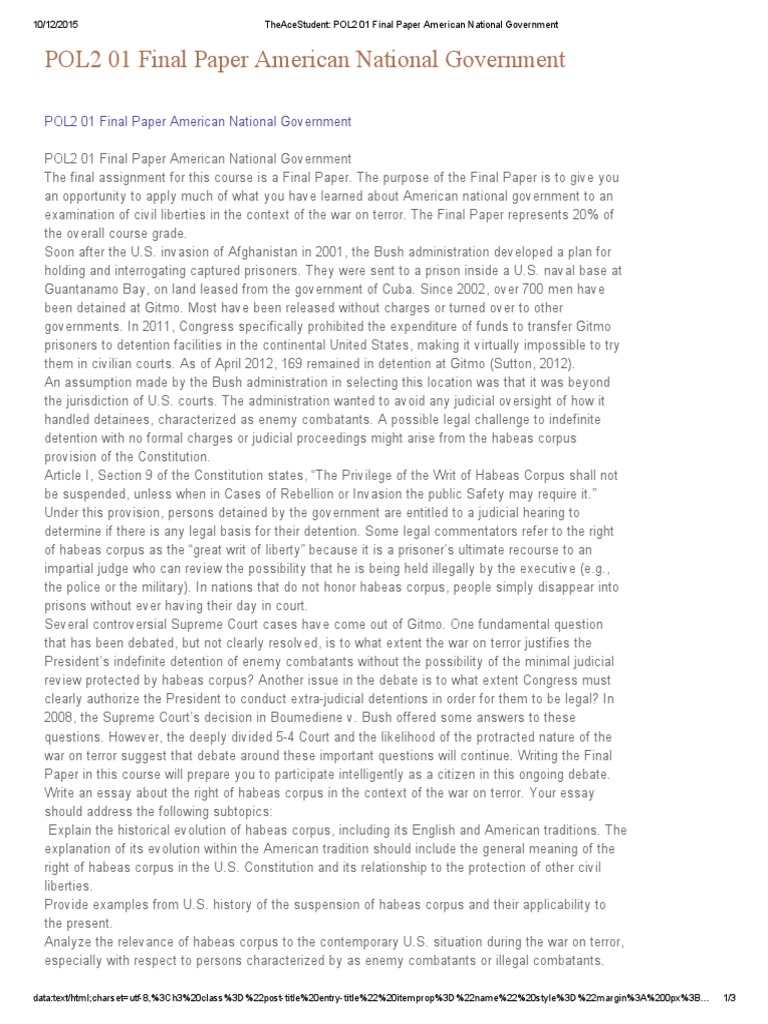
The Merchant of Venice is a tragedy Jean Racine, a French dramatist of the 17th century France, states, “Life is a comedy to those who think, a tragedy to those who feel” (Goodreads). In the early days of its staging, the play The Merchant of Venice written by William Shakespeare is considered to be a comedy, but as the world develops there is controversy as whether to believe that the play is actually Nov 09, · Introduction - The play, the merchant of Venice, was written by Shakespeare. The play puts forward ideas and themes which are universal and relevant in today’s life. He uses techniques, dramatic techniques and context to showcase these ideas which form the plot, climax and conclusion of this remarkable play The Merchant of Venice Examine the courtroom scene in The Merchant of Venice. How does it illuminate the play’s major themes? Shakespeare’s courtroom scene dramatizes a conflict between justice and mercy—the competing claims of an angry Shylock and a desperate Bassanio
Merchant of Venice Essays | GradeSaver
Religion motivated action and reasoning. These Testaments are tested through the Christians and Jews of Venice.
Venice, where this the merchant of venice essay takes place, is a largely religious Italian City. Although filled with spiritual people, the city is divided into two different religious groups. Stereotypes classified Jews as immoral, evil, and foolish people while the Christians were graceful, the merchant of venice essay, merciful, and loving. Representing the Christian belief is Antonio who is summoned to court by a Jew who goes by the name Shylock. The cross between Christianity and Judaism begins as Antonio and Shylock create a legally binding bond.
As learned in the play, Antonio cannot repay his debt and Shylock publically exclaims his need to receive fulfillment of that bond. Hastily, Shylock is determined to obtain his pound of Christian flesh. Shakespeare provides his audience distinct differences between Antonio and Shylock. The contrast between Antonio and Shylock are comparable and somewhat parallel to the New Testament that Christians practice and to the Old Testament that Shylock adheres to.
First, we see Antonio, a soft-hearted and morose Christian gentleman whose riches cannot provide him the fulfillment that others deem appropriate. He is sad because he lacks love. To fulfill that love, he assists Bassano in his own quest to pursue the merchant of venice essay. Though usually depicted as a homosexual relationship, it is a portrayal of love between friends or brothers, another type of bond.
This act of bonding puts Antonio in gracious light. He helps his loved one by borrowing money from Shylock and pawns his life to strengthen that bond. Shylock on the other hand is not put on the same pedestal as Antonio. Instead of lending money interest-free he applies collateral and conditions to the bond. Also, Christians of the time looked at Jews with negativity. Throughout medieval and early Renaissance Europe the prejudice bred dark fantasies: Jews were accused, for example, of conducting grotesque rituals in which they murdered Christian children and drank their blood.
The story of a Jew who wants a pound of Christian flesh may have its roots in these fantasies of Jews violating Christian bodies. He was looked at by Christians as a violent and corrupt individual. The court scene where Shylock goes to complete the sentence of his bond is where he will be introduced to the conflict of justice and mercy. More importantly we the audience also sees the New versus the Old testament put in similar contrast with Christianity and Judaism.
Shylock is representative of the Old Testament. He represents law and justice. Shylock strictly follows the Old Testament of law and is determined to receive justice.
Portia on the other hand teaches the audience the practice of the New Testament. The New Testament which embodies grace, mercy, and forgiveness. Act four-scene one, is another area in which Christianity as well as the New Testament is applied. Portia says. It is twice blessed: It blesseth him that gives, and him that takes. This powerful line suggests those who give mercy will receive mercy.
God gives mercy and those who can wholeheartedly give mercy is God-like. Perhaps, Portia here also tries to provide mercy onto Shylock himself. Portia knows that Shylock demands every aspect of his bond but she tries to plea with him anyway. This passage and the passage from the Duke is asking for Shylock although a Jew, to act Christian. Again, Shakespeare highlights the merchant of venice essay of the New Testament, the merchant of venice essay. Justice with his bond, the merchant of venice essay.
However, this back fires on him. The bond does say he can have a pound of flesh, however a pound it has to be exact. It also does not imply Antonio shed a drop of blood. Here Shylock is stuck between a rock and a hard place. In the eyes of God, murder is a sin and therefore Shylock is in turn to be justified just as much as he sought his own justice. Concluding the court scene, Venetian law requires Shylock to give up half of his property to the state, the other to Antonio, and give up his life.
However, Antonio interjects and bargains that Shylock should live if he turn a Christian. Assuming Shylock should turn Christian, this image hints conversion from the Old to the New Testament.
Mercy, therefore, is made part of the law, rather than an opposing principle. Indeed mercy, or forgiveness, becomes the legal principle enabling all other legal principles. Christians believed in mercy while Shylock only sought justice. For Shylock, his justice seeking could not enable him to provide the mercy asked by God and thus was eventually lead to his own demise. Although he asks Shylock to convert, he provides Shylock and opportunity. Instead of taking his life, the merchant of venice essay, Antonio is seen through Elizabethan eyes to have given Shylock mercy, forgiveness, and a chance to live.
Jessica also a Jew, escapes from home and marries Lorenzo, a Christian. Ironically, she as well breaks a bond with Shylock. This bond would be a father-daughter bond. He hath made me a Christian. These opposing values were reflected by the Jews and Christians of Venice which Shylock, Antonio, Portia, and Jessica embodied throughout the play. Ultimately, it is safe to say that religion in Venice took the role of judge, and that is, Christ, as its supreme judge. Bevington, David. The Necessary Shakespeare.
Longman Publishing Group Calderwood, James L. Essays in Shakespearean Criticism. Englewood Cliffs: Prentice-Hall, INC. Danson, Lawrence, the merchant of venice essay. The Harmonies of The Merchant of Venice. Great Britain: Yale University Press, Mowat, Barbara A. The Merchant of Venice. New York: Washington Square Press, Swisher, Clarice. The Literary Companion Series: The Merchant of Venice.
San Diego: Greenhaven Press, the merchant of venice essay Toggle navigation Menu. Literature Study Guides Quotes Humanities Philosophy Biography Dictionary Business Essays Hire Writer Log in. Just Great DataBase Essays Religion in The Merchant of Venice Essay. Religion in The Merchant of Venice Essay. Haven't Found an Essay You Want? Get Your Custom Essay Sample. Author: Angel Bell, the merchant of venice essay.
The Merchant of Venice (Shakespeare) – Thug Notes Summary \u0026 Analysis
, time: 10:20Religion in The Merchant of Venice Essay Essay Example

Nov 09, · Introduction - The play, the merchant of Venice, was written by Shakespeare. The play puts forward ideas and themes which are universal and relevant in today’s life. He uses techniques, dramatic techniques and context to showcase these ideas which form the plot, climax and conclusion of this remarkable play In the “Merchant of Venice,” “a Christian ethic of generosity, love, and risk-taking friendship is set in pointed contrast with a non-Christian ethic that is seen, from a Christian point of view, as grudging, resentful, and self-calculating.” (Bevington, pg. 74) Although Shakespeare writes this drama from a Christian point of view he illustrates religion by conflicts of the Old Testament and the New The Merchant of Venice Examine the courtroom scene in The Merchant of Venice. How does it illuminate the play’s major themes? Shakespeare’s courtroom scene dramatizes a conflict between justice and mercy—the competing claims of an angry Shylock and a desperate Bassanio

No comments:
Post a Comment